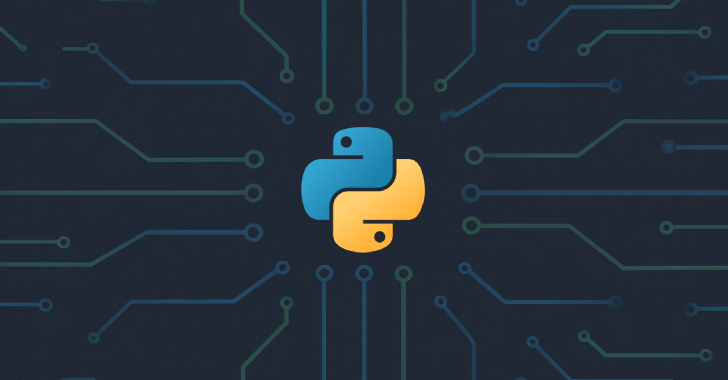Apache ActiveMQ Flaw Exploited to Deploy DripDropper Malware on Cloud Linux Systems
Threat actors are exploiting a nearly two-year-old security flaw in Apache ActiveMQ to gain persistent access to cloud Linux systems and deploy malware called DripDropper. But in an unusual twist, the unknown attackers have been observed patching the exploited vulnerability




















